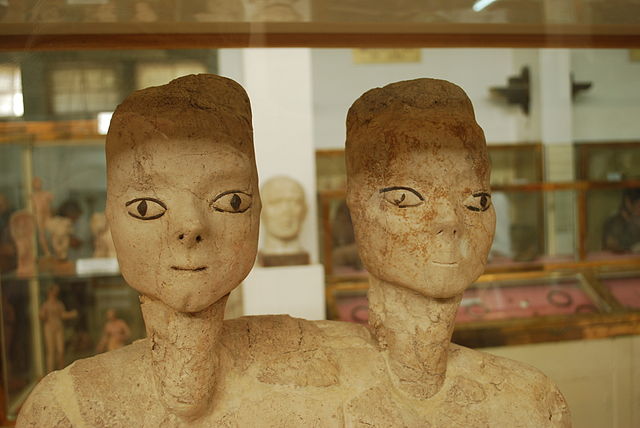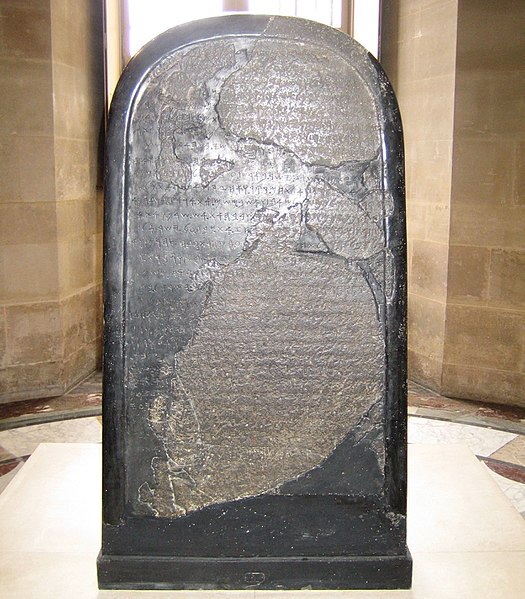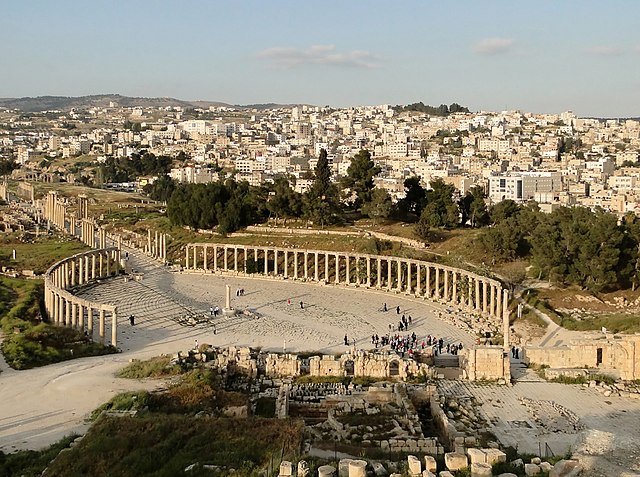Jordan contains one of the oldest Christian communities in the world, their presence dating back to the crucifixion of Jesus Christ early in the 1st century AD. Christians today make up about 3% of the population. Jordanian Christians in a country of almost 10 million are thought to number 250,000-400,000, down from 20% in 1930, but their absolute numbers have increased. This is due to high immigration rate of Muslims into Jordan, higher emigration rates of Christians and higher birth rates for Muslims. All Christian religious ceremonies are allowed to be publicly celebrated in Jordan.
An Eastern Orthodox Church during a snow storm in Amman, Jordan.
A small percentage of Jordanian Christians are Bedouin, the picture shows a Bedouin Christian family from Madaba in 1904
Group of Iraqi Christians (Assyrians) in an evangelical alliance church, Jabal Amman, 1998.
Ittihad Uniting Church, Jabal Amman.
Jordan, officially the Hashemite Kingdom of Jordan, is a country in the Southern Levant region of West Asia. Jordan is bordered by Syria to the north, Iraq to the east, Saudi Arabia to the south, and the occupied Palestinian territory of the West Bank and Israel to the west. The Jordan River, flowing into the Dead Sea, is located along the country's western border. Jordan has a small coastline along the Red Sea in its southwest, separated by the Gulf of Aqaba from Egypt. Amman is Jordan's capital and largest city, as well as the most populous city in the Levant.
The 'Ain Ghazal Statues (c. 7250 BC) uncovered in Amman are some of the oldest human statues ever found.
The Mesha Stele (c. 840 BC) records the glory of Mesha, King of Moab, displayed at the Louvre Museum.
Petra, one of the New 7 Wonders of the World, contains Al-Khazneh, believed to be the mausoleum of the Nabataean King Aretas IV, 1st century AD
The Oval Forum of Jerash (c. 1st century AD), then member of the ten-city Greco-Roman league, the Decapolis, seven of which are present in modern-day Jordan.








